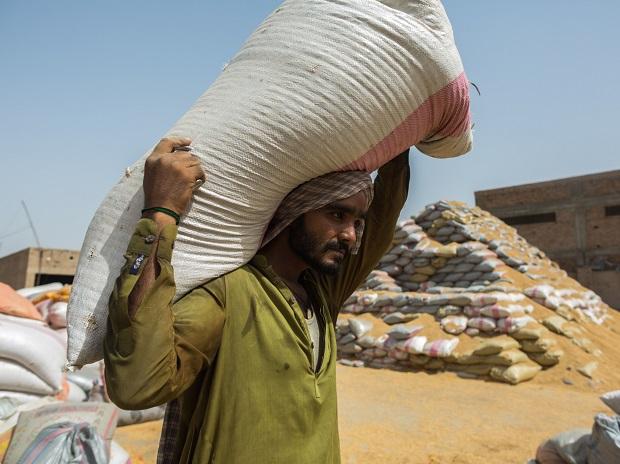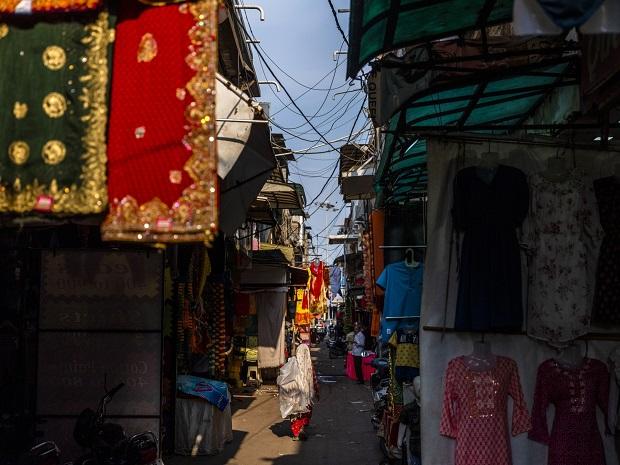By Rajendra Jadhav and Mayank Bhardwaj
MUMBAI/NEW DELHI (Reuters) – India’s rice exports could fall by around a quarter this year as New Delhi’s restrictions force buyers to switch to rival suppliers which are offering the grain at a cheaper price, trade and industry officials said.
Late last week, the world’s biggest exporter of the grain banned shipments of broken rice and imposed a 20% duty on exports of various other grades as the country tries to boost supplies and calm prices after below-average monsoon rainfall curtailed planting.
“The duty has made Indian rice expensive. Exports would drop by at least 5 million tonnes,” B.V. Krishna Rao, president of The Rice Exporters Association (TREA), told Reuters.
That would leave exports this year at around 16.2 million tonnes.
Rice shipments reached a record 21.2 million tonnes in the 2021/22 fiscal year, more than the combined shipments of the world’s next four biggest exporters of the grain: Thailand, Vietnam, Pakistan and the United States.
New Delhi has imposed the duty only on white rice, which could prompt some buyers to switch to parboiled rice, which is exempted from export duties, Rao said.
Rice exports had jumped to 9.36 million tonnes in the first five months of the current fiscal year that began on April 1, up from 8.36 million tonnes in the same period a year ago, according to government data.
“A lot of rice has already been shipped out so far in the current fiscal year, but we expect shipments to fall sharply in the coming months due to the recent policy decisions,” said Dev Garg, the director of ViExport, a New Delhi-based exporter.
Lower supplies from India have been prompting rival suppliers to raise prices and this would make Indian rice competitive in due course, said Nitin Gupta, vice president for Olam India’s rice business.
Thailand, Vietnam and other suppliers have raised prices of white rice after India imposed curbs the last week.
“India was the cheapest supplier of white rice. With the duty, Indian rice would be expensive or at par with the other suppliers,” said Himanshu Agarwal, executive director at Satyam Balajee, India’s biggest rice exporter.
(Reporting by Rajendra Jadhav and Mayank Bhardwaj; Editing by Kim Coghill)
(Only the headline and picture of this report may have been reworked by the Business Standard staff; the rest of the content is auto-generated from a syndicated feed.)
 Dear Reader,
Dear Reader,
Business Standard has always strived hard to provide up-to-date information and commentary on developments that are of interest to you and have wider political and economic implications for the country and the world. Your encouragement and constant feedback on how to improve our offering have only made our resolve and commitment to these ideals stronger. Even during these difficult times arising out of Covid-19, we continue to remain committed to keeping you informed and updated with credible news, authoritative views and incisive commentary on topical issues of relevance.
We, however, have a request.
As we battle the economic impact of the pandemic, we need your support even more, so that we can continue to offer you more quality content. Our subscription model has seen an encouraging response from many of you, who have subscribed to our online content. More subscription to our online content can only help us achieve the goals of offering you even better and more relevant content. We believe in free, fair and credible journalism. Your support through more subscriptions can help us practise the journalism to which we are committed.
Support quality journalism and subscribe to Business Standard.
Digital Editor



 Dear Reader,
Dear Reader,

GIPHY App Key not set. Please check settings